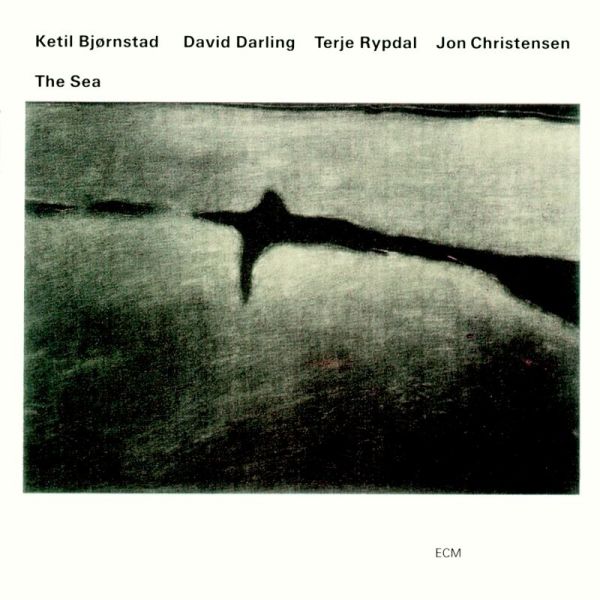
Dėl šio produkto galime Jus pakonsultuoti (+370 5) 262 35 96, mūsų salone Kęstučio g. 26, Vilnius arba:
The Sea is the sophomore ECM recording by Norwegian pianist/composer Ketil Bjornstad. In Bjornstad's words, it set out to "develop further the ideas and sounds" of its predecessor, the widely acclaimed Water Stories. Guitarist Terje Rypdal and drummer Jon Christensen, vital presences on the first disc, return for its successor. American cellist David Darling is added to the ensemble, widening the textures, and thickening the plot, and bringing new sound-colour combinations into play in a music as protean and unpredictable as the sea that floods the northern coastline. The foundation for the music was mapped out in the summer of 1994 in pre-production discussions between Bjornstad and Manfred Eicher, after which the pianist recorded various motives and themes and forwarded the resultant "demo" to his colleagues. In his Connecticut home studio, David Darling overdubbed possible cello parts and returned the tape. "David's extremely creative," Bjornstad noted, "and he put forward many new ideas that I could adapt and work into the music. By the time we got to the recording itself everybody, in fact, was very well prepared."
Ketil Bjornstad' s playing on The Sea is an essay in restraint. The ensemble sound swells around his controlled chord-voicing. He permits himself the barest minimum of "soloing" and keeps at bay the prodigious technique he had drawn upon, early in his history, to play (for example) Bartok with the Oslo Philharmonic. "In the way I'm working now – and perhaps this is also an ECM consideration in general – I feel an imperative not to overplay. I performed for many years as a solo improvisor and I'd grown accustomed to taking responsibility for everything – the development of the melody in the improvising as well as covering the rhythm functions. And it was almost shocking, in the course of recording Water Stories to learn that I could reach comparable results using far less notes. But I feel good about my role in the quartet. We have different levels of communicating. Sometimes it's about establishing a counterpoint, a relationship between the instruments, more than about solos in the conventional sense. The other point has to do with the kind of clarity you can find at Rainbow with this producer. You're reminded that the grand piano is also a string instrument. Every pianist knows this, when he's into the instrument, but it's truly not so easy to hear on many badly-recorded albums which don't show at all the dynamic range and overtone potential of the piano."








